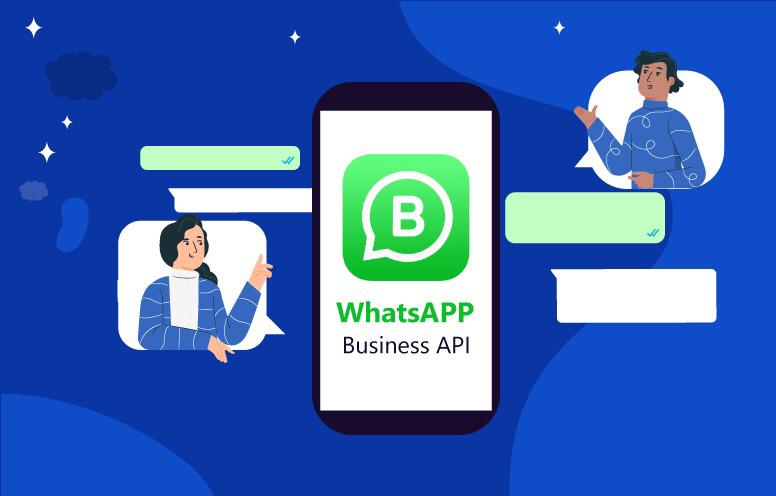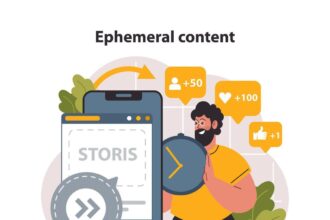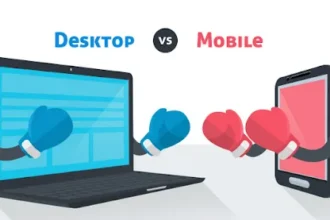WhatsApp Business API: Automating Customer Engagement in Nigeria
Introduction
In the digital era, customer engagement has become a cornerstone of successful business strategies. Nigeria, with its rapidly growing internet penetration and mobile-first population, presents a fertile ground for businesses aiming to connect with their customers more efficiently. Among the various communication channels, WhatsApp stands out as the most popular messaging app, boasting over 200 million users in Nigeria alone.
The WhatsApp Business API has revolutionized the way companies interact with their customers, enabling automation, personalized communication, and seamless support at scale. This comprehensive guide explores how Nigerian businesses can leverage the WhatsApp Business API to automate customer engagement, enhance customer experience, and ultimately drive sales.
What is WhatsApp Business API?
The WhatsApp Business API is a powerful tool designed for medium and large enterprises to communicate efficiently with their customers at scale. Unlike the WhatsApp Business App, which is suitable for small businesses with manual interactions, the API provides automation capabilities, integration options, and advanced messaging features.
You can also read: Beyond the Bot: How to Use AI Chatbots to Serve Customers Better and Revolutionize Your CX in 2025
Key Features of WhatsApp Business API
- Automated Responses: Send instant replies, FAQs, or predefined messages.
- Rich Media Support: Share images, videos, documents, and location data.
- Customer Support Integration: Connect with CRM and customer support platforms.
- Personalized Messaging: Tailor messages based on customer data and behavior.
- Security & Privacy: End-to-end encryption ensures secure communication.
Why Nigeria? The Market Potential for WhatsApp Business API
Nigeria is Africa’s largest economy and boasts one of the highest mobile phone penetration rates. With a youthful population and increasing internet adoption, businesses that adopt WhatsApp Business API can gain a competitive edge by reaching customers where they are most active.
Key Market Insights
- Over 150 million Nigerians use mobile internet daily.
- WhatsApp is the most preferred messaging platform in Nigeria.
- Small and medium-sized enterprises (SMEs) are rapidly adopting digital tools.
- Growing e-commerce ecosystem requiring seamless customer communication.
Benefits of Using WhatsApp Business API for Nigerian Businesses
1. Enhanced Customer Engagement
Automate messaging to ensure prompt responses to inquiries, order confirmations, and support queries, thus fostering stronger customer relationships.
2. Cost-Effective Communication
Reduce costs associated with traditional customer service channels by automating routine interactions, freeing human agents for complex issues.
3. Increased Conversion Rates
Personalized and timely messages increase the likelihood of successful sales, cross-selling, and upselling.
4. Greater Reach and Accessibility
WhatsApp’s widespread usage ensures that businesses can reach their customers directly without reliance on email or other less-used channels.
5. Automation and Scalability
Massively scale communication efforts without sacrificing quality through chatbots and automated workflows.
6. Improved Customer Support
Provide 24/7 support with AI-powered chatbots that can answer FAQs, guide users, and escalate complex issues to human agents when necessary.
How Nigerian Businesses Can Leverage WhatsApp Business API
Step 1: Setting Up the WhatsApp Business API
To get started, businesses need to:
- Choose a WhatsApp Business Solution Provider (BSP).
- Register a verified business account.
- Set up the API on the business’s server or cloud platform.
- Connect the API to existing customer data systems (CRM, databases).
Step 2: Designing Automated Customer Journeys
Create workflows for common customer interactions:
- Welcome messages
- Order confirmation and tracking
- Abandoned cart reminders
- Feedback and reviews
- Support ticket creation
Step 3: Integrating with CRM and Other Platforms
Seamless integration allows for personalized communication based on customer data and purchase history. Popular CRM platforms can be linked with the API to automate messaging based on customer profile updates.
Step 4: Building Chatbots for Automation
Develop AI-powered chatbots capable of understanding queries in local languages such as Yoruba, Igbo, and Hausa. Use natural language processing (NLP) to improve interaction quality and effectiveness.
Step 5: Messaging Strategy and Compliance
Ensure compliance with WhatsApp’s policies:
- Obtain customer opt-in before sending messages.
- Limit the number and type of messages to avoid spam.
- Use templated messages for notifications and alerts.
Best Practices for Optimizing Customer Engagement via WhatsApp API
Personalization
Use customer data to tailor messages, greetings, and offers, making interactions feel more human and engaging.
Use of Rich Media
Share images of products, videos, receipts, or location maps to provide a more engaging experience.
Consistent Branding
Maintain brand voice, use branded templates, and ensure your business identity is recognizable.
Timely Responses
Automate responses for FAQs but ensure human oversight for complex inquiries. Respond promptly to maintain trust.
Measure and Optimize
Track message delivery, read rates, and customer interactions. Use insights to optimize future campaigns.
Challenges and Solutions in Nigeria
Connectivity and Infrastructure
Variable internet quality can affect message delivery. Solution: work with reliable BSPs that optimize delivery for Nigeria.
Language Barriers
Nigeria’s multilingual environment requires localized content. Use multilingual chatbots and localized templates.
Regulatory Environment
Ensure compliance with Nigeria’s data privacy laws and WhatsApp policies. Always obtain customer consent.
Cost Considerations
While API costs vary, consider ROI and plan accordingly. Many BSPs offer tiered pricing suitable for different business sizes.
Conclusion
The WhatsApp Business API offers Nigerian businesses a unique opportunity to automate, personalize, and scale their customer engagement efforts effectively. By leveraging this powerful tool, companies can foster stronger relationships, improve operational efficiency, and stay ahead in a competitive landscape. Embracing this technology is no longer optional but essential for businesses aiming for growth in Nigeria’s dynamic marketplace.






